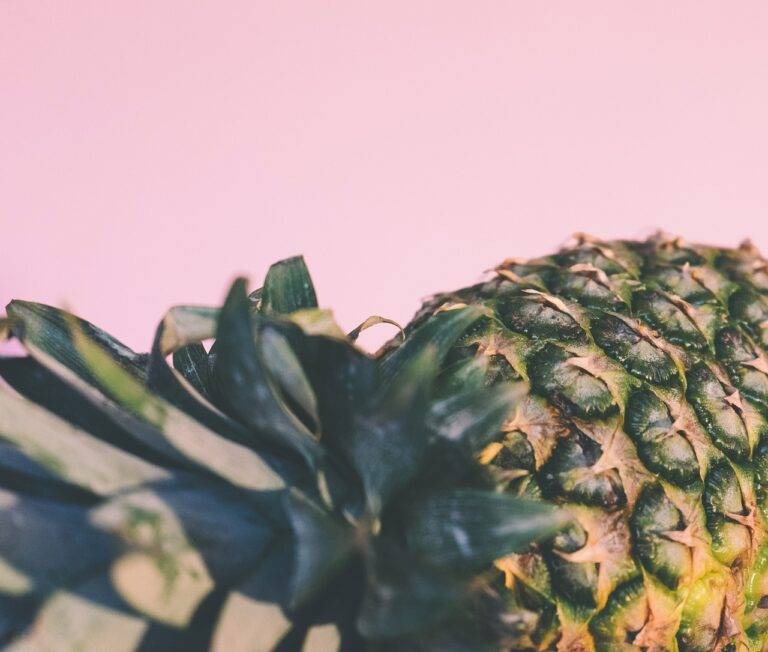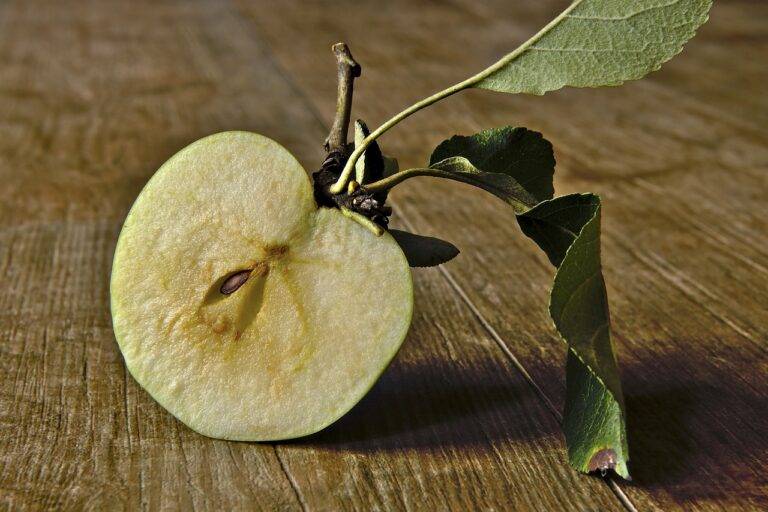The Future of Food Packaging: Innovations in Sustainable Materials
Biodegradable packaging materials have gained significant attention in recent years due to their ability to break down naturally and reduce environmental impact. These innovative materials are designed to decompose into natural elements within a reasonable timeframe, offering a sustainable alternative to traditional packaging options. Biodegradable packaging is versatile and can be made from various renewable resources such as plant-based materials, ensuring minimal harm to the environment.
One key advantage of biodegradable packaging materials is their ability to help combat plastic pollution by minimizing the accumulation of non-biodegradable waste. With consumers becoming more environmentally conscious, the demand for biodegradable packaging solutions continues to grow across industries. Companies are increasingly turning to these sustainable materials to align with eco-friendly practices and meet consumer preferences for greener packaging options.
Advancements in Recyclable Packaging Solutions
As consumers become more environmentally conscious, the demand for recyclable packaging solutions continues to grow. In response, companies are dedicating resources to developing innovative packaging materials that can be easily recycled or reused. These advancements aim to reduce waste and minimize the impact of packaging on the environment.
One of the key focuses in the realm of recyclable packaging solutions is the development of packaging materials that maintain the same level of performance and durability as traditional non-recyclable options. Companies are exploring new manufacturing processes and materials that strike a balance between sustainability and functionality. By creating recyclable packaging solutions that meet the needs of both businesses and consumers, the industry is taking significant strides towards a more sustainable future.
Emerging Trends in Compostable Packaging Options
Compostable packaging materials are gaining significant attention in the sustainable packaging industry. With growing concerns about environmental impact and plastic pollution, companies are investing in innovative solutions to reduce their carbon footprint. Emerging trends show a shift towards using plant-based biodegradable materials that can easily decompose without harm to the environment.
One key trend in compostable packaging options is the development of bioplastic materials derived from renewable resources such as corn starch, sugarcane, or seaweed. These materials offer a sustainable alternative to traditional plastics and can break down naturally in composting facilities, reducing the amount of plastic waste that ends up in landfills or oceans. Additionally, advancements in technology are enabling the production of compostable packaging with properties comparable to conventional plastics, ensuring both functionality and eco-friendliness.





